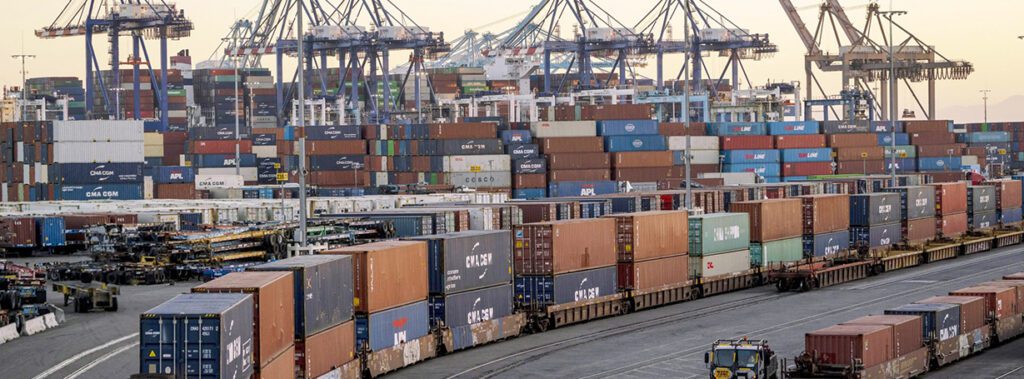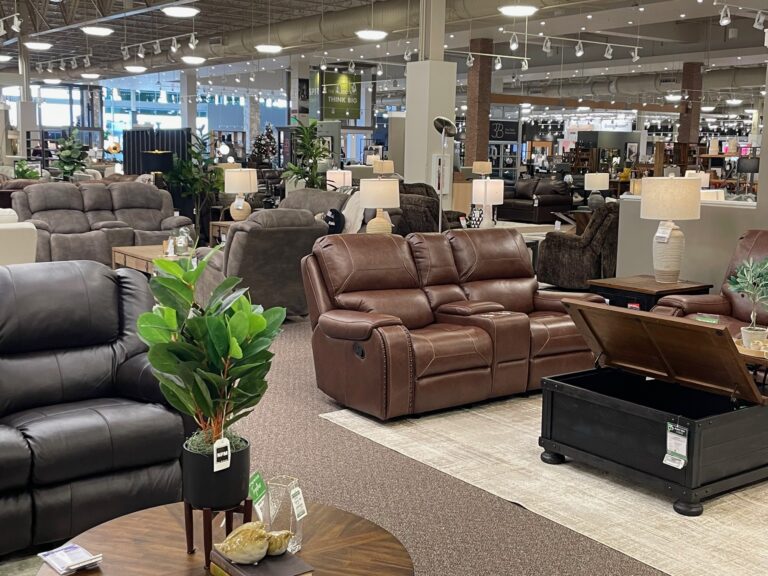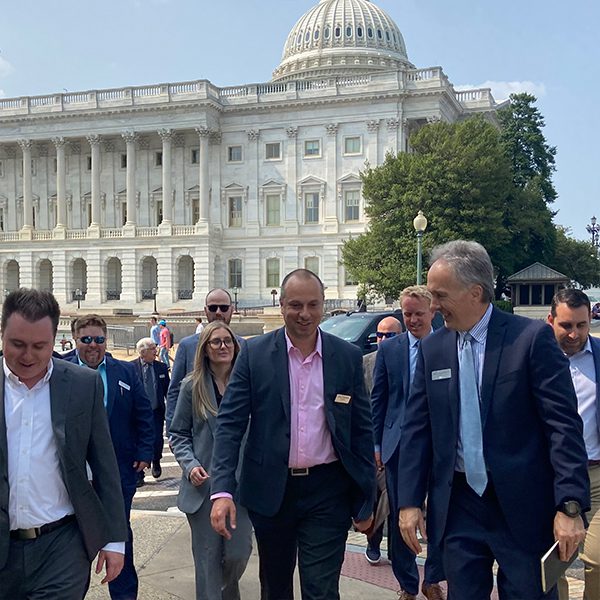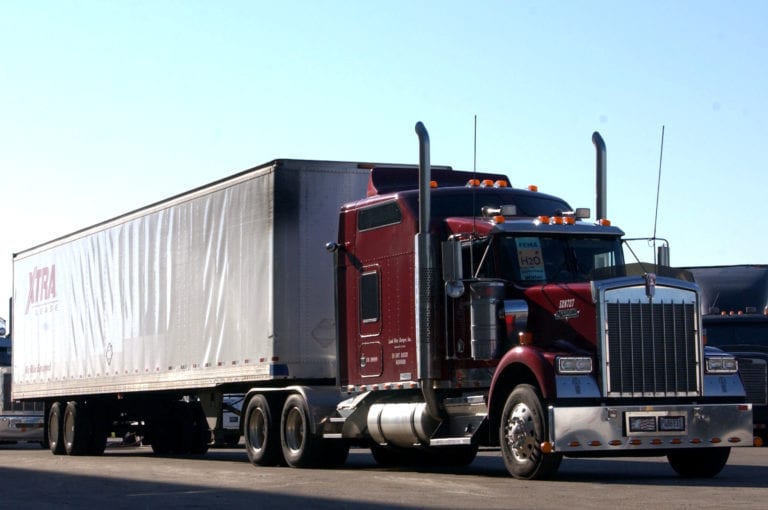The supply chain crisis is nothing new for furniture retailers – it’s been an unfortunate reality for our industry over the last several years, with many inefficiencies exacerbated by the effects of COVID-19. In several instances this year, President Biden has focused on the supply chain, either by Executive Order or, more recently, intervention with public, private, and labor stakeholders, to expand operations at the Port of Los Angeles for 24/7 service. That follows a similar announcement from the Port of Long Beach a few weeks earlier. Given the heavy reliance and traffic coming through those two ports of entry for imports, additional hours will help reduce the backlog of container ships sitting in the Pacific Ocean, but it is not the end solution.
HFA and members of its Government Relations Action Team (GRAT) have actively engaged with the Biden Administration and congressional leaders to educate on the origin, effects, and potential solutions to the supply chain crisis. This week, HFA submitted comments to the Department of Transportation describing the impacts on retailers and consumers. We know that these are complicated, international challenges that will not be solved overnight. Retailers have shouldered a heavy and expensive burden throughout COVID-19, and the supply chain has not been any different. We have raised wages, changed operating hours, and implemented protocols to accommodate suppliers, manufacturers, and customers.
Related to the supply chain disruption has been the tariffs on goods imported from China, originally in effect in late 2018. The Biden Administration, through the United States Trade Representative (USTR), has been reviewing these policies in the context of a broader trade policy review. Recently, USTR announced the tariffs on goods imported from China would remain in place, citing China falling short of meeting some of its obligations from the Phase One agreement entered under the Trump Administration. USTR also announced that a system for tariff exclusions for certain product categories would restart after its authority lapsed at the end of 2020. Rolling the tariffs back will not happen without significant and structural changes from China.
HFA was also encouraged by the recent USTR decision to resolve an outstanding investigation into alleged illegal logging practices in the wooden furniture industry in Vietnam. HFA submitted comments and testified publicly about the negative impact of that investigation on our industry. The US and Vietnam agreed to monitor those issues together without any further action or tariffs.
Trade policy is usually more active in the second year of an Administration, but lingering actions of the Trump Administration and the supply chain issues have forced the President to focus on them now.












